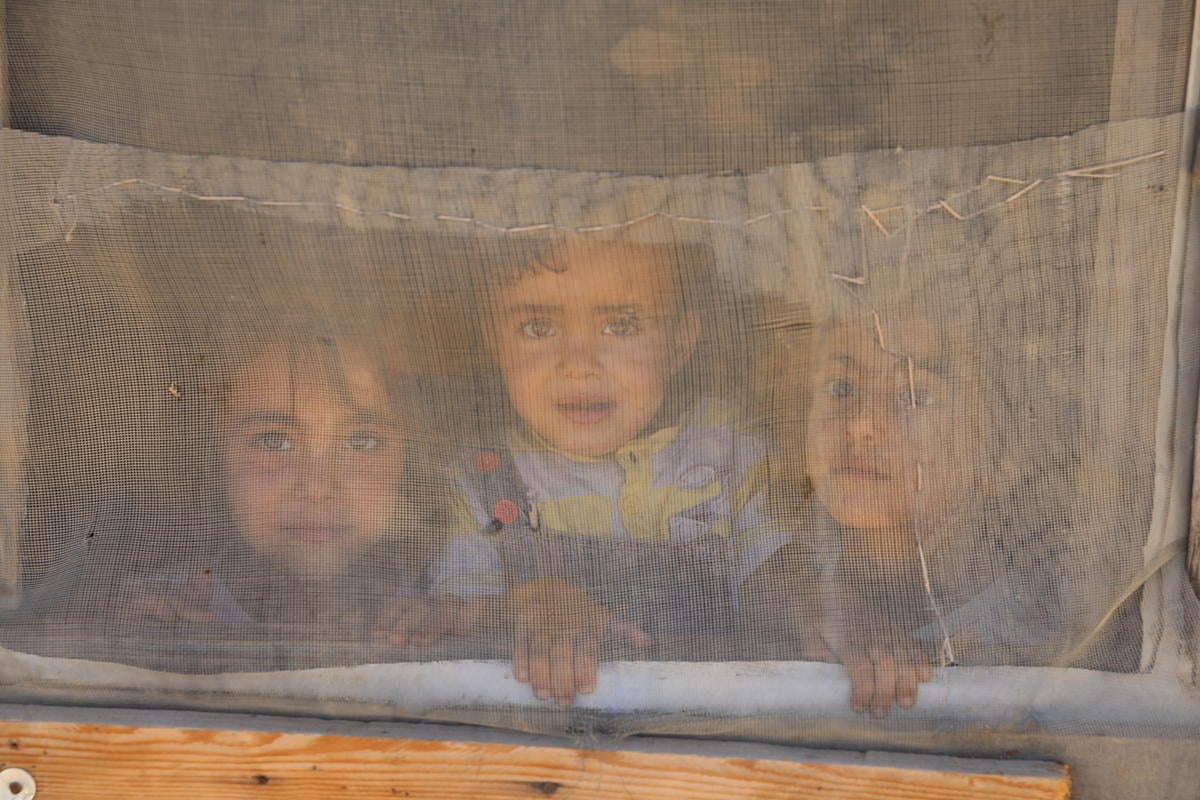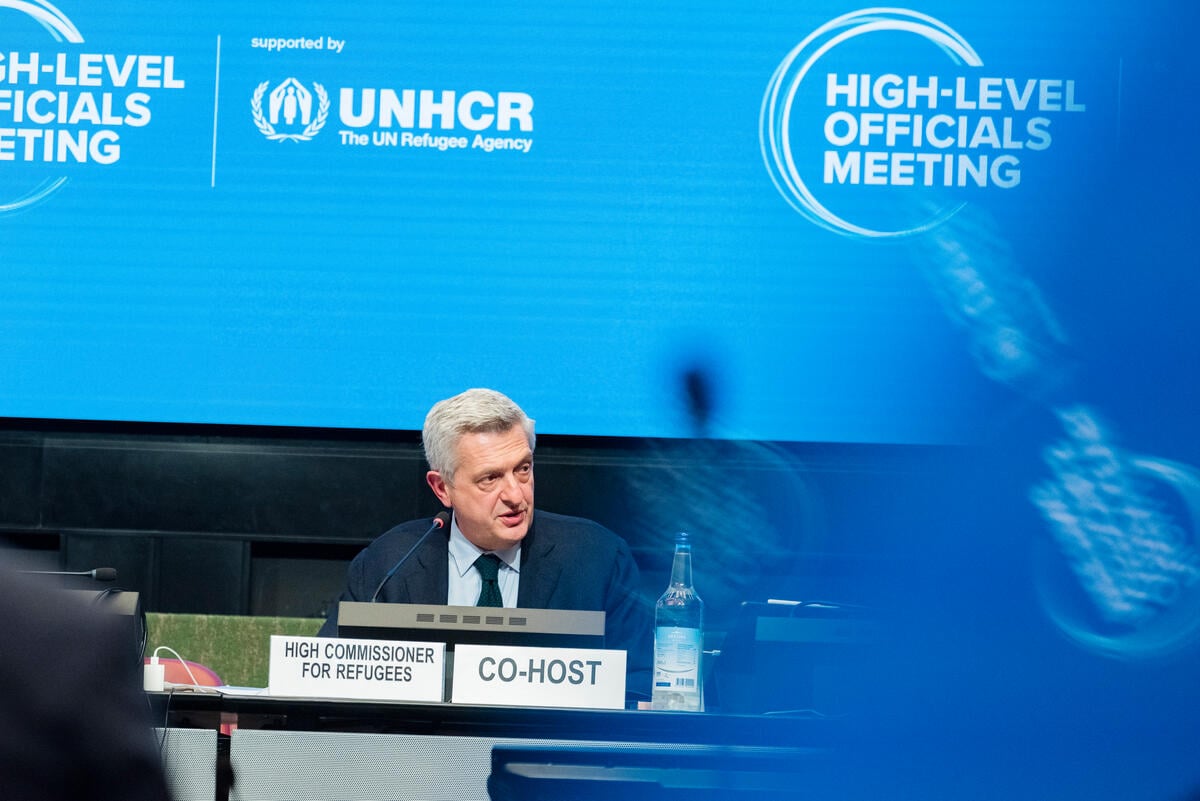UNHCR resettlement conference focuses on helping refugees at risk
UNHCR resettlement conference focuses on helping refugees at risk

GENEVA, July 2 (UNHCR) - Representatives from 34 countries gathered this week in Geneva to coordinate international efforts to help the hundreds of thousands of refugees who continue to be at risk in the countries where they have sought asylum.
The three-day Annual Tripartite Consultations on Resettlement, which wrapped up on Wednesday, brought together government representatives, members of non-governmental organizations and experts from the UN refugee agency. This is the largest and most important event of its kind in the world.
"A lot has been said and written on the responsibility to protect, but we would like to seize this opportunity to encourage states to think of resettlement as a practical form of sharing this responsibility," said UNHCR Deputy Director for International Protection Vincent Cochetel.
Fleeing persecution or conflict in their own country does not always result in refugees being out of harm's way. In some cases the threats that caused them to flee in the first place are also present in the country where they seek asylum.
In other cases, new dangers arise for individuals with special needs or for those who find themselves in a particularly vulnerable situation. In these instances, on a case-by-case basis, UNHCR attempts to find a safe third country to take them in, or resettle them.
Resettled refugees receive legal protection, residency and, eventually, citizenship from the governments that agree to receive them. UNHCR works closely with central and local authorities, NGOs and religious and social welfare groups to find solutions to these cases.
Former Congolese refugee Rose Mapendo, who addressed the gathering on Monday and took part in the group discussions, is a living example of how resettlement has given some refugees at risk a new lease of life.
Rose survived horrific violence and brutality before being resettled to the United States. Her husband was murdered. Although she said she was happy to finally be safe with her 10 children and one grandson, Rose found life in the States difficult at the beginning. "I could not communicate with anybody," she said. "I could not speak English and I could not read nor write. It was very hard."
Despite having no formal education, Rose taught herself to read and write, became a US citizen and helped to start a humanitarian agency that assists vulnerable refugees in Africa. She is now able to help others who have lived through traumatic experiences similar to her own.
Despite efforts to expand the number of places available, only a small proportion of the world's refugees - usually the most vulnerable - are resettled. Resettlement countries take an average of 70,000 people every year, but UNHCR estimates that the total number of people in need of resettlement is around 560,000, or less than 5 percent of the world's refugee population.
UNHCR promotes resettlement within the context of broader policies which strive to address the causes of flight and to strengthen the principle and practice of asylum. The ability to resettle refugees in need remains an effective way of offering refugees both protection and a lasting solution to their plight.
Last year, UNHCR submitted 99,000 cases for resettlement, 83 percent more than in 2006. Some 75,300 refugees were admitted by 14 resettlement countries in 2007. The main resettlement countries were the United States (48,300 cases, including family reunions), Canada (11,200), Australia (9,600), Sweden (1,800) and Norway (1,100).
The main countries of origin of resettled refugees last year were Myanmar (20,200), Burundi (6,300), Somalia (5,900), Iraq (3,800) and the Democratic Republic of the Congo (2,500).
"Resettlement is a protection tool, a durable solution and an instrument of international solidarity all in one. It is, in this sense, very precious but we must make it accessible to a larger number of refugees, particularly those coming from protracted refugee situations," said Cochetel.
By William Spindler in Geneva








